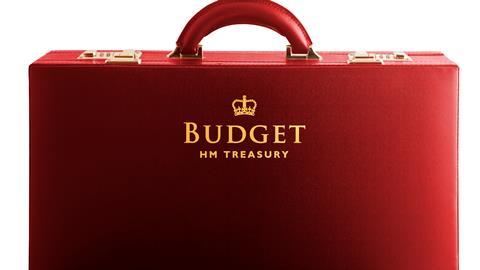The budget felt like a damp squib – and not just as it was leaked in advance by the Office for Budget Irresponsibility. Somehow the City seemed to like it: the FTSE was up, so was sterling. Even supermarket share prices rose, despite the Chancellor reneging once again on her promises to listen to their pleas on business rates. Somehow, the overwhelming impression was that it was neither one thing nor the other. Not as bad as had been feared in the long and chaotic build-up to the hopelessly late (and somehow early) announcement. Not as good as some hoped either.
A Goldilocks budget this was most certainly not. On the business rates side, instead of a trade-off between big stores and small stores, somehow both have lost out as we explain.
Similarly farmers. There were high hopes over a compromise on the Inheritance Tax discussion. They had major backing from the mults and other key businesses ahead of the budget. And there was a concession, which the farming groups are taking as a sign that the government knows it made a mistake with the policy – but it was a mealy mouthed one. The compromise feels like a fob-off.
Even on the soft drinks levy, where the extension to soft drinks with 4.5g of sugar has been hailed as a victory by lobby groups, and the inclusion of only added-sugar in the clampdown on milkshakes, the impact on obesity levels and tax take is likely to be so risibly small as to make you wonder why the Treasury has bothered. There were other tax moves they could have made on food to simplify the byzantine tax system (and extract more money). Those they dodged.
Above all, there was nothing to stimulate investment and growth. Instead of slow-release porridge, this was thin gruel: an insidious money grab, as the Chancellor froze income tax thresholds to avoid breaking the letter of Labour’s election pledge, targeted personal pensions, savings and cash ISAs, and of course pinched from the pockets of smokers and drinkers. Even electric vehicle drivers were targeted, while the reversal of the 5p cut on fuel duty from September 2026 will offset reduced energy bills for many from the axing of green levies.




















No comments yet